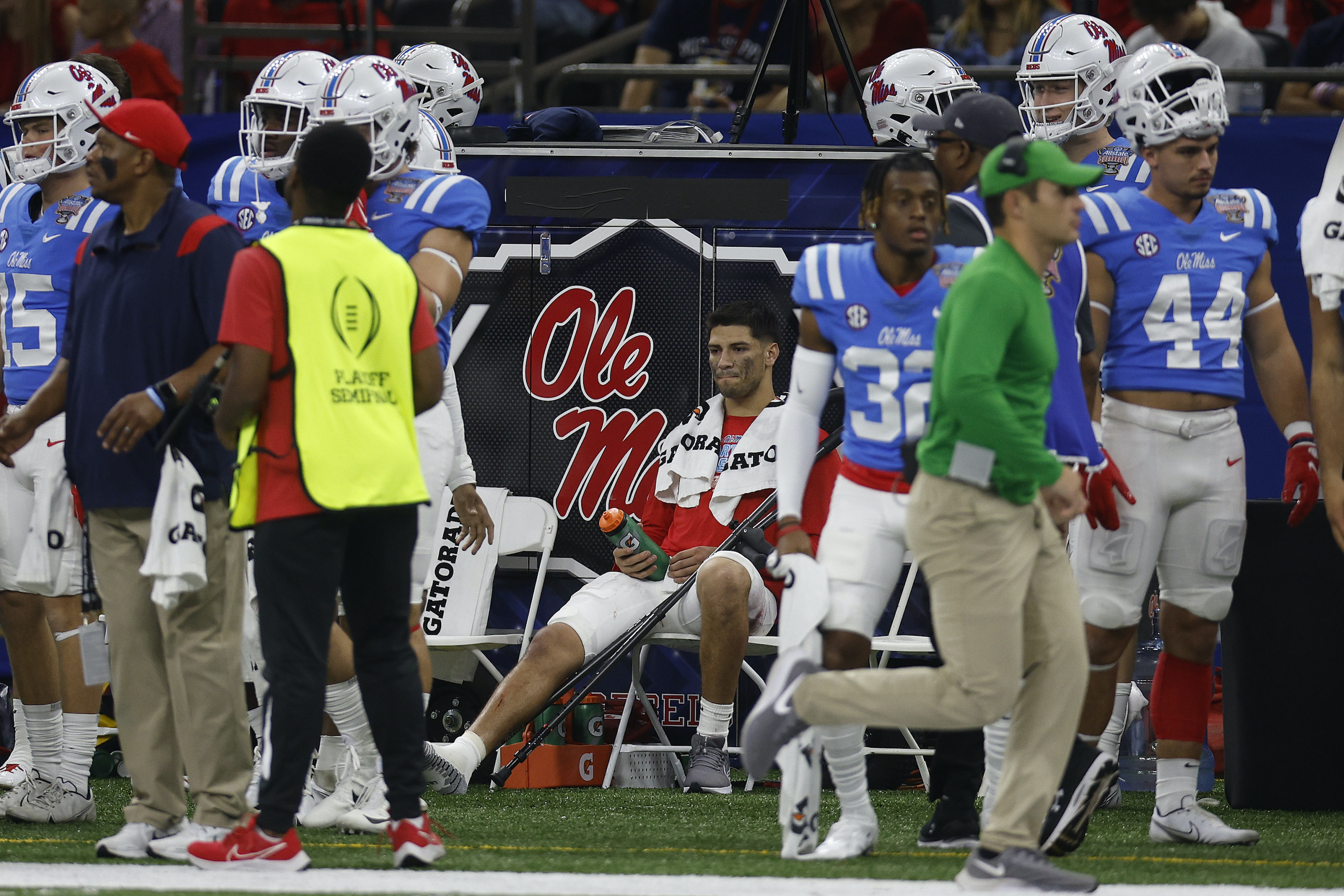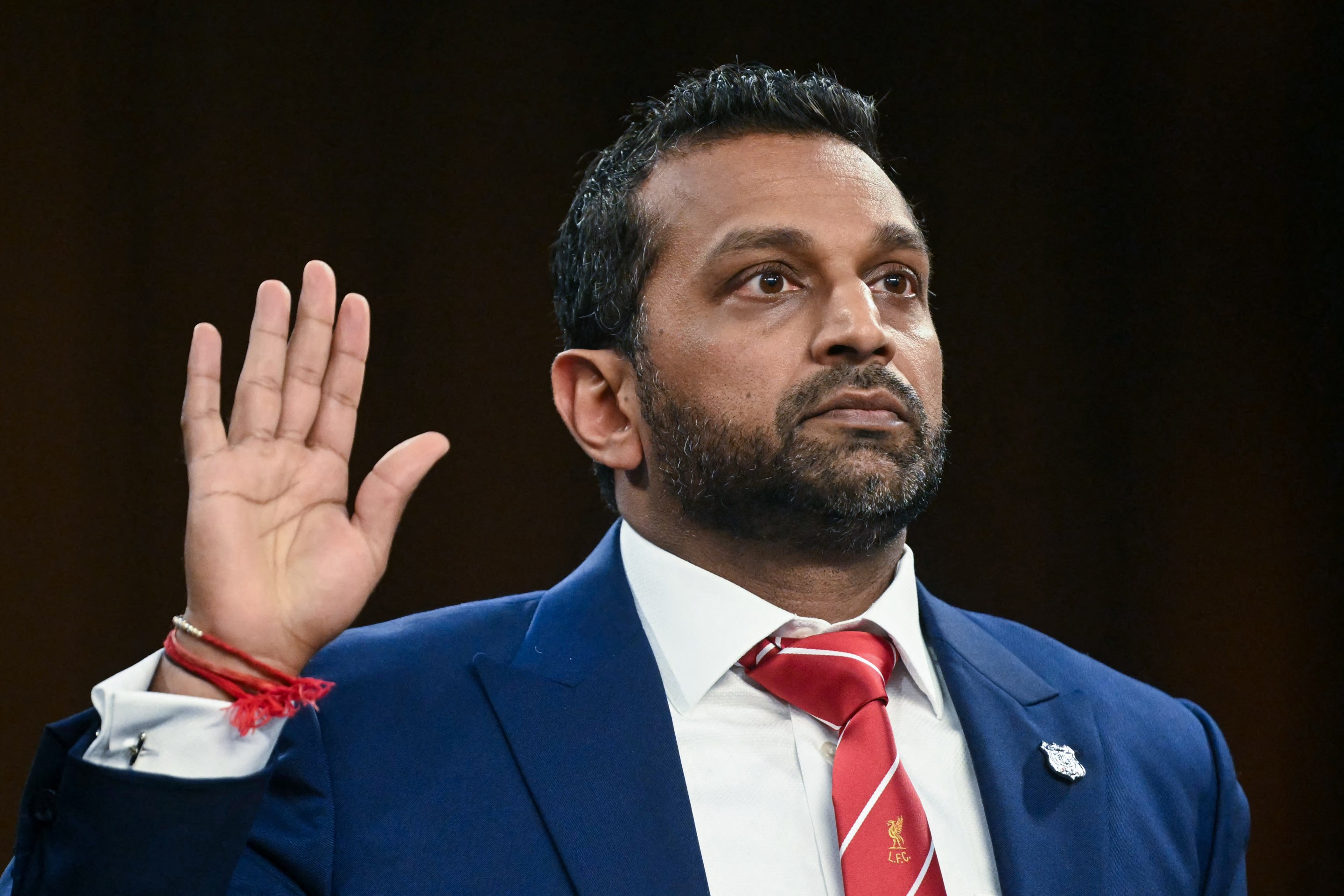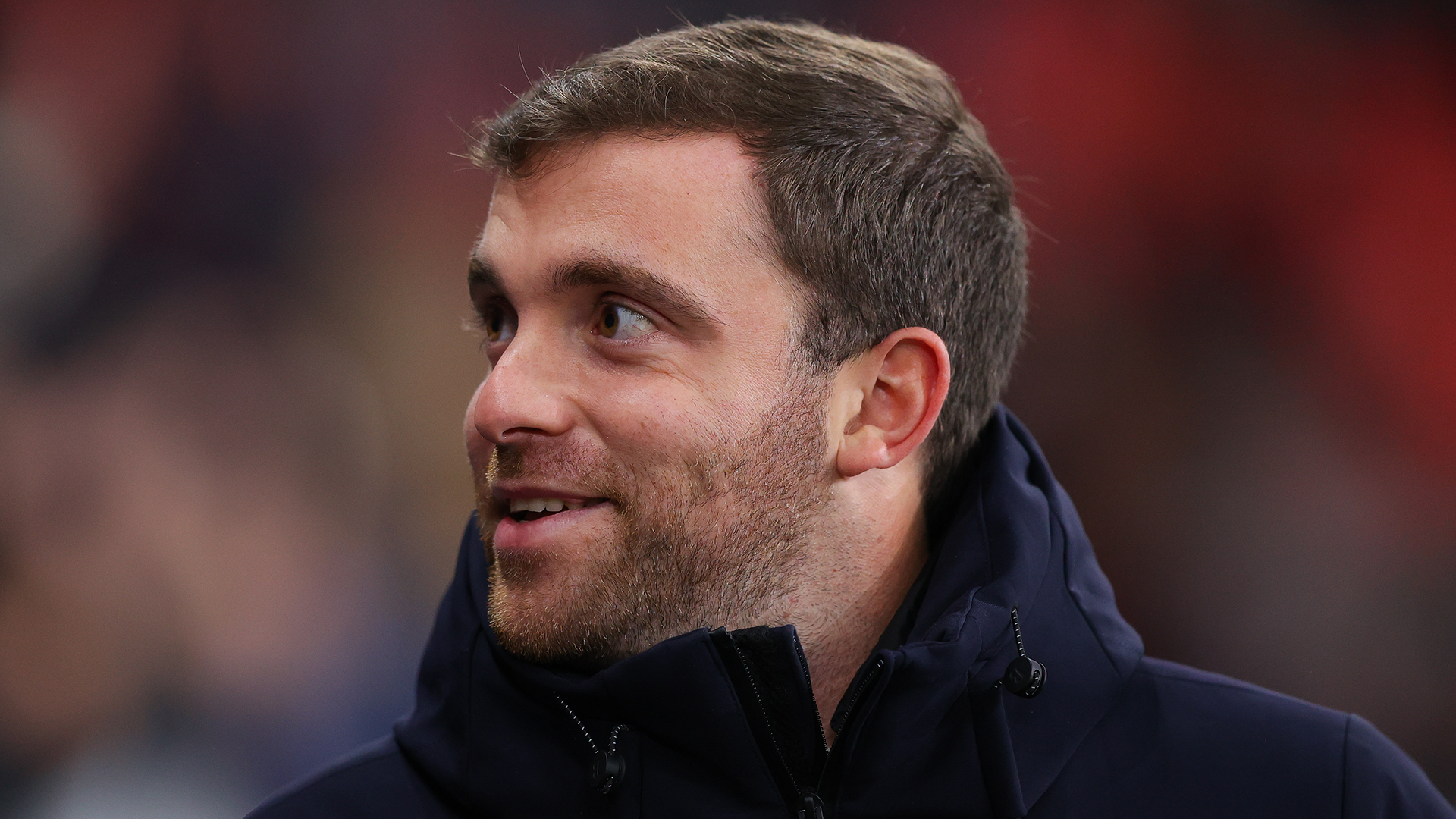Before Saturday's slate of college football bowl games, ESPN analyst Kirk Herbstreit set the tone during College GameDay by claiming that these days, "this era of player just doesn't love football." He was referring to the annual practice of the few dozen NFL draft prospects who opt out of bowl games in order to protect their stock. To me, this kind of responsible long-term planning would be a sign of maturity, but Herbstreit saw it as a bad thing. Why don't today's players get pumped up for the free swag and gravitas of the HoulihanBeef.com Bowl?
and, as befits a show that shouldn't even need to be on, the hosts are wilding out with "today's youth are entitled and it's the fault of video games" nonsense pic.twitter.com/4EdBFuTivH
— Timothy Burke (@bubbaprog) January 1, 2022
Desmond Howard, agreeing with Herbstreit, believed these opt-outs to be a "sense of entitlement." Bowl games used to be a "huge reward for a fantastic season," the former Michigan Wolverine said. Sure, they used to, when Herbstreit and Howard were in college. These days there are so many bowls, any team capable of floating around .500 can find themselves invited to some shit like the Jimmy Kimmel LA Bowl, and especially this year with teams having to drop out due to COVID-19.
Let's travel back to 1991, Howard's last year in Ann Arbor. There were a total of 18 bowl games that season. This season, excluding the three College Football Playoff games, there will have been 42 scheduled bowl games. Five of those, including the Barstool Sports Arizona Bowl, were canceled because of COVID-19 issues. Hate to see it. But the point remains: There are a lot more bowls since the days when Howard and Herbstreit played college ball. Whatever gravitas they might've had then has been diluted.
Later in the day, Herbstreit clarified his initial remarks: He actually meant that fewer players these days love football, not all of them. Also, it's in part because of distractions like smart phones and video games, two things that have existed for decades.
Just wanted to clarify some of my comments from earlier today. Of course some players love the game the same today as ever. But some don’t. I’ll always love the players of this game and sorry if people thought I generalized or lumped them all into one category. pic.twitter.com/PS9Pu5rcoo
— Kirk Herbstreit (@KirkHerbstreit) January 1, 2022
Hours after these two former college football players performed their bowl-game advocacy on ESPN, the network that owns the TV rights to almost every bowl game, Ole Miss quarterback Matt Corral, projected to be a first-round pick in the NFL draft, suffered a leg injury in the first quarter of the Sugar Bowl and had to be helped off the field. He returned in street clothes and with crutches, sitting on the sideline as he watched his team lose to Baylor, 21-7. After the game, Ole Miss head coach Lane Kiffin said that X-rays came back negative on Corral's ankle.
This is the play that #OleMiss QB Matt Corral got injured on during the #SugarBowl pic.twitter.com/3CnNMrtnHq
— Niki Lattarulo (@NikiLattarulo) January 2, 2022
Play-by-play announcer Joe Tessitore saw Corral's injury as an opportunity to praise the quarterback for being a beacon of integrity in college football, cutting through the darkness of the transfer portal and the rights of athletes to make money off their own likenesses. And to think ESPN decided this guy couldn't hack it on Monday Night Football.
Joe Tessitore defending college football and saying Matt Corral “did it the right way” while Corral is emotional on the sidelines pic.twitter.com/txewxvZQ7i
— gifdsports (@gifdsports) January 2, 2022
Matt Corral made his choice to play. He felt that he owed it to his teammates to not leave them. "I definitely wouldn't have been in this position if it wasn't for them," he said in December. "I'm not just gonna leave." He knew it could endanger his NFL chances, and he made his decision. That was his call. It still served as a pretty good reminder of why players like Kenny Pickett, Chris Olave, and Kayvon Thibodeaux would skip a bowl game. Opting out isn't about a lack of love for football; it's about looking beyond the short term. Those players want longer careers. They don't care about free swag.
Herbstreit and Howard talk about opt-outs like they're some kind of widespread phenomenon, when in any given year it's really something like 30 players with early-round projections. Besides, when someone like Olave or his Ohio State teammate Garrett Wilson chooses not to play, that opens the door for someone like sophomore Jaxon Smith-Njigba to have a record-breaking game and build his own NFL future. People who really should know better, like ESPN's Scott Van Pelt, want to present some kind of slippery slope here, that if bowl games are meaningless, what about regular-season games after a team's path to the playoffs has closed? Yeah, so? Ja'Marr Chase opted out of an entire season at LSU in 2020. That worked out pretty well for him, but how many players are ever in that position or at his level of talent?
If he really wants to follow through on his own argument, Van Pelt might lead himself to the realization that the current structure of college football is fundamentally flawed, and the sport shouldn't exist under those terms. NIL rights were a step in the right direction, but they're not the same as a pro contract. If Corral had suffered a career-ending injury last night, his next and final opponent would've been an insurance provider. Today's players might not love football as much as Herbstreit and Howard did because they know football can't love them back.






